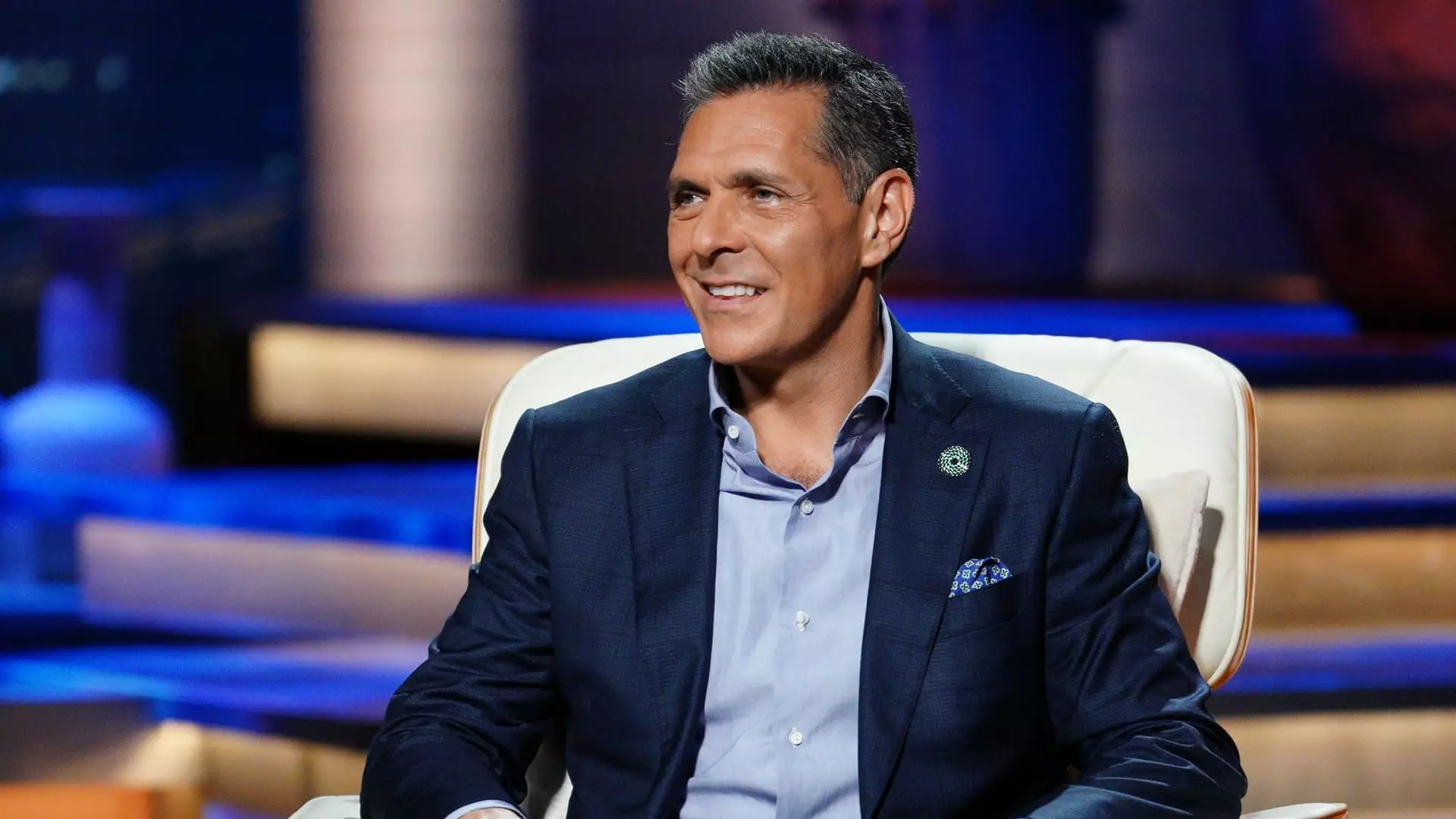Billionaire Daniel Lubetzky has fast become a household name, but not in the way that many contemporaries have. While others basked in the bling-bling of their high-octane lifestyles, Lubetzky quietly carved an empire grounded in the essentials: health and nutrition. His brand, Kind Snacks, revolutionized the snack bar industry with its focus on wholesome ingredients, proving that delicious can also be nutritious. In 2020, he made a pivotal decision by selling a controlling stake to Mars, thereby transitioning from a notable entrepreneur to a significant player in the broader investment landscape through his family office, Camino Partners.
Surprisingly, this pivot hasn’t just been a casual leap; it’s a strategic metamorphosis that speaks volumes about the complexities of wealth management in a world rife with insecurities. The decision to venture beyond the consumer goods space into longevity and wellness reflects a nuanced understanding of market trajectories—a vision that not only boasts potential returns but addresses critical societal challenges. Instead of being just another billionaire adding to his coffers, Lubetzky is actively engaging with—and reshaping—the investment narrative in a post-pandemic era where health is paramount.
The New Breed of Family Offices
What’s intriguing about Lubetzky’s journey is that he’s not alone in this venture. The growth in family offices, predominantly populated by executives who struck gold in the food and beverage sector, illustrates a broader trend. According to exclusive insights from Fintrx, there’s been a mushrooming of over 100 family offices pursuing diverse, innovative investment opportunities outside their original domains. Take Peter Rahal, founder of RXBar; he’s now investing in technology and sustainability, bridging the gap between food and impactful innovation.
Yet, this shift raises questions about the essence of entrepreneurship itself. Are these titans of industry genuinely evolving their investments for the greater good, or is it a shrewd business maneuver to secure their legacies? While Lubetzky and his peers may espouse noble intentions, one cannot help but wonder if they are simply leveraging social consciousness as a new profit model. Authenticity in intentions is a fine line in the world of mega-wealth. In an age where consumers increasingly favor brands with purpose, it’s certainly convenient that many prosperous entrepreneurs suddenly recognize the value of investing in healthcare and sustainability.
Strategy Meets Compassion: The Investment Philosophy
Lubetzky’s involvement in fitness chains like Barry’s and health-focused firms like LiveWell signifies an intriguing investment philosophy which elects to transcend the mere focus on monetary returns. His approach, as articulated by his investment firm’s president Elle Lanning, suggests a deliberate strategy rooted in understanding both marketplace trends and consumer education. However, there’s a critical caveat: the shift from early-stage investments to established entities signals an acknowledgment of the risks previously underestimated.
A vital part of Lubetzky’s journey includes a painful realization; investing in startups is akin to nurturing living organisms, fraught with uncertainty and emotional strain. Lanning’s guidance in pivoting toward more proven businesses reveals a sobering truth about the volatility of entrepreneurship—a lesson many optimistic investors may need to reckon with. It begs the question: Are we witnessing the evolution of a billionaire in touch with his humanity, or a titan merely playing a sophisticated game of risk assessment?
A Call for Accountability in Wealth Management
The broader implications of this investment paradigm shift raise an essential dialogue about accountability in wealth management. Lubetzky’s engagements, while primarily lucrative, should also prompt scrutiny of how family offices influence industries significantly tied to societal well-being. When billionaires embrace healthcare through a lens of capital investment, they hold immense power in shaping the future of such sectors.
Yet, history has shown us that wealth does not always translate to wisdom. As these billion-dollar entities parlay their fortunes into social causes, a question lingers: Will they exercise this influence ethically, or will the allure of profit overshadow the idealistic motivations they publicly champion? The oversimplicity of “investing for good” could mask deeper systemic issues, where financial power may inadvertently lead to moral hazards.
In a world bustling with complexity, Daniel Lubetzky’s journey serves as a microcosm of the vast potential—and profound responsibility—embodied in wealth today. His story implores a generation of entrepreneurs to fuse ambition with accountability in their pursuits, balancing personal success with a genuine commitment to societal betterment.

Leave a Reply